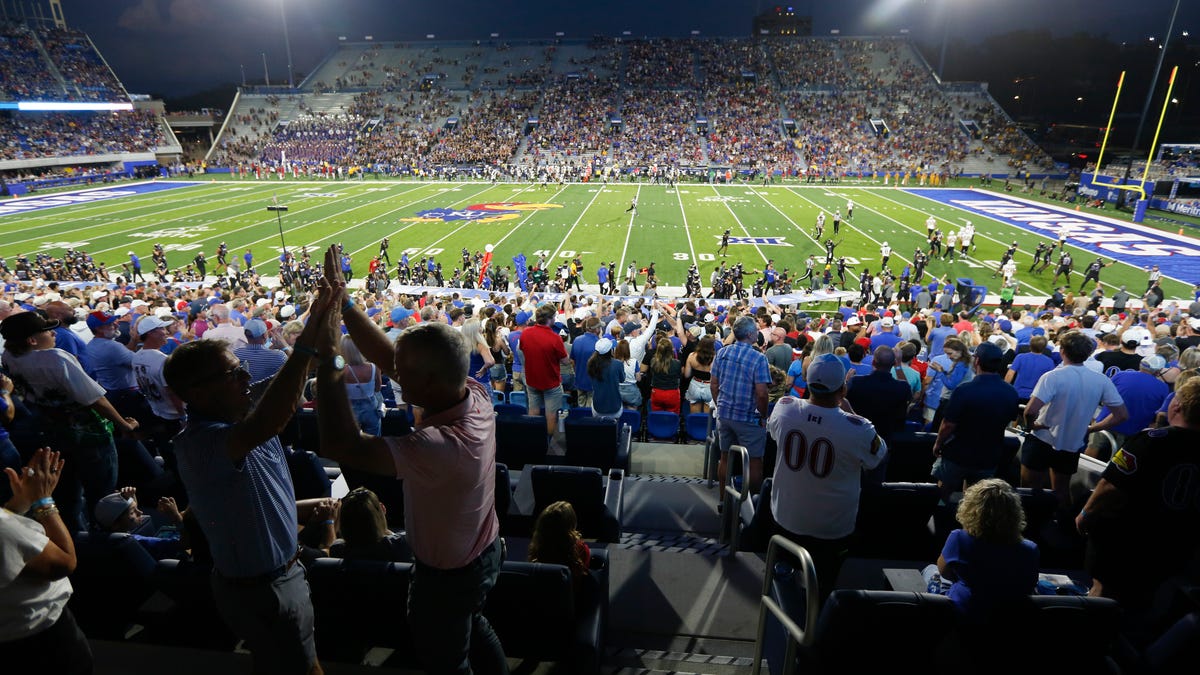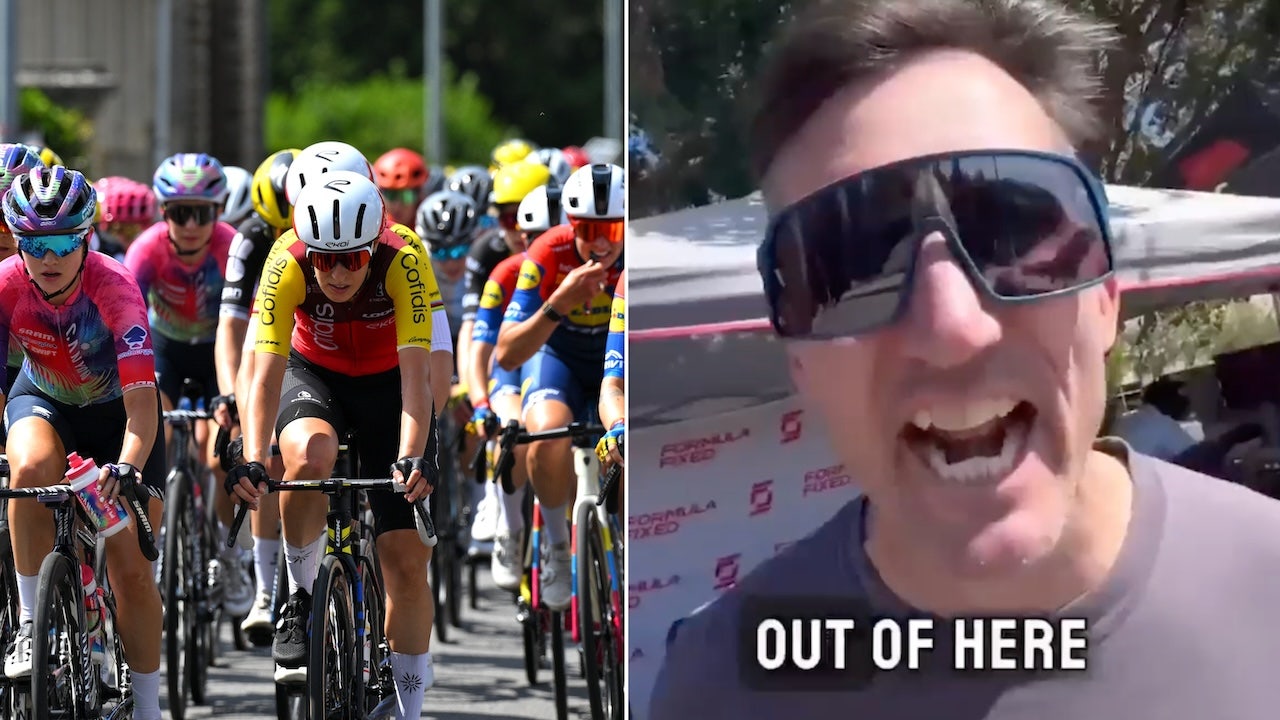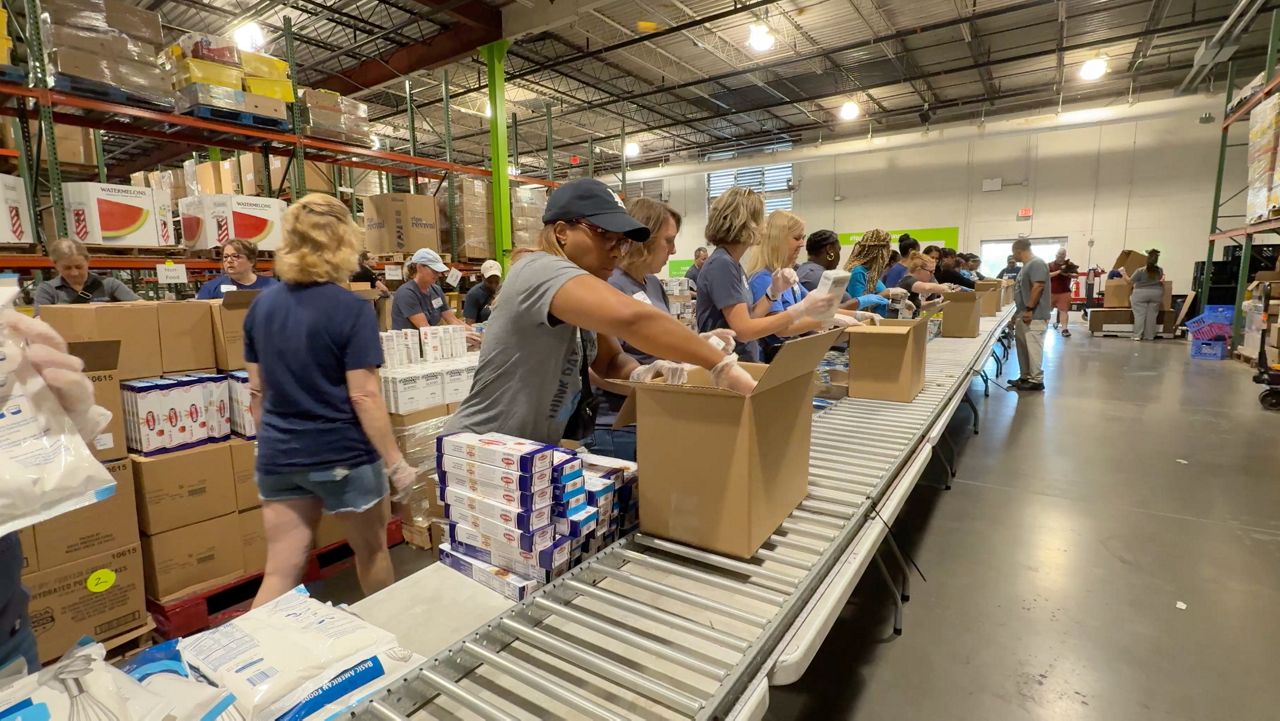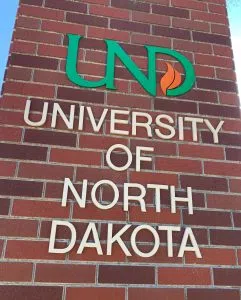San Francisco, CA
Agonafer Shiferaw, S.F. club owner who powered Fillmore jazz district, dies at 71

Agonafer Shiferaw and his wife Netsanet “Net” Alemayehu at Sheba’s Piano Lounge on Fillmore Street in San Francisco., Calif., on Wednesday, November 25, 2015.
Scott Strazzante/The ChronicleWhen Rasselas Jazz Club was hopping, owner Agonafer Shiferaw, recognizable in his funky fedora, was either at his customary seat at the San Francisco bar or circulating through the room, talking to people and buying drinks and promoting the fellowship that Rasselas was known for seven nights a week.
The combination of the cuisine from his native Ethiopia and major names in jazz from around the world worked so well at the corner of California and Divisadero Streets in Pacific Heights that city leaders recruited him to bring the Rasselas formula to the long-stalled revitalization of the Fillmore jazz district. The venue formed a live music triangle with Yoshi’s San Francisco and Sheba Piano Lounge, which was run by Shiferaw’s wife, Netsanet Alameyehu.
The district, envisioned as the rebirth of what had been known as the Harlem of the West, was still picking up steam when the San Francisco Redevelopment Agency folded, putting an end to marketing support for the district. Rasselas closed in 2013 after Shiferaw had already closed his original location to focus on the Fillmore.
Advertisement
Article continues below this ad
“My father was excited to be a part of this venture knowing that there was a collective effort to ensure success for the Fillmore jazz district,” said his daughter, Bete Agonafer. “He was invited to the dance by the city, and then left on the dance floor by himself after giving it his all.”
After losing a lawsuit against the city that alleged fraud over his proposal to operate the Fillmore Heritage Center building, Shiferaw continued to work within the community and in political activism even through a diagnosis of cancer in 2022. He fought through it by hosting fundraisers and supporting causes, both here and in Ethiopia, until he died Nov. 11 in Los Angeles, where he had moved for treatment and to be near his daughter. He was 71.
“He was a guy who spoke truth to power and stood up against injustice even when it was against his own business self interest,” said attorney Ben Rosenfeld, who represented Shifferaw in the case. “He didn’t go along with pay to play politics in San Francisco and was willing to lay it on the line in order to restore the promise of the Fillmore Jazz Heritage District as the Harlem of the West.”
Agonafer Shiferaw was born April 14, 1952, in Addis Ababa, Ethiopia, where he grew up, the grandson of one prime minister and the nephew of another. As a youth, he became politically active against the government that his own family members were serving, so it was decided that he’d be better off being educated in San Francisco, where his brothers were already living.
Shiferaw graduated from George Washington High School in the Richmond District in 1971. He attended San Francisco State University, where he was active in the Bay Area chapter of the Ethiopian Student Union of North America. He graduated with a degree in economics and got a city job at the Youth Guidance Center. From there he became a program analyst for the city.
Advertisement
Article continues below this ad
In 1973, he married Elizabeth Abebe, whom he met in the Ethiopian community. In 1975, their daughter Bete was born. They were divorced six years later. Shiferaw later became partners with Oakland restaurateur Netsanet Alemayehu. They were together for 42 years and were married in 2019 with a reception for 400 guests at the Mark Hopkins Hotel.
For years, Alemayehu had operated Sheba, an Ethiopian restaurant in Oakland that closed in the 1990s. In 2006, it was resurrected in San Francisco as Sheba Piano Lounge on the corner of Fillmore and Geary, a block from Rasselas. Still owned by Alemayehu and her sister Israel Alemayehu, Sheba Piano Lounge is the last survivor of a half-dozen music and food venues that made up the Fillmore jazz district.
“Agonafer was a pioneer,” said Net Alemayehu. “He had a big dream to create a space where everyone felt welcome.”
Shiferaw’s first business venture was the True Value Hardware store, which he opened in 1984 across the street from a French restaurant on California Street. Eventually, he sold the hardware store in order to take over Major Pond’s, a bar on the opposite corner. That’s where he created Rasselas Jazz Club and Ethiopian Cuisine. It opened in 1986 and was said to be the first Ethiopian restaurant in the city..
“Many of us when we come here open restaurants,” said his cousin Nebenye Lakew.” “It’s not easy, but that’s the first thing we think of.”
Advertisement
Article continues below this ad
Rasselas became an instant community hub to the point that customers called Shiferaw “Mr. Rasselas.” He was a fan of New York City jazz clubs, which he had discovered while visiting an uncle who worked at the United Nations.
He was not a jazz aficionado per se, but he understood the business of jazz and how it worked with Ethiopian food. As a result, Rasselas became a hangout for both the Ethiopian community and jazz fans who remembered the clubs in the Fillmore.
“Ethiopians and other immigrants took pride in the fact that another Ethiopian owned such an incredible establishment that they made it their home,” said his daughter.
“Not only that, Rasselas was like the United Nations. You could see every ethnicity there on any given night. That’s one of the things that made it special.”
Both Rasselas on California and Rasselas on Fillmore are now gone, but the customers remain loyal. A celebration of Life held Nov. 28 at the Ethiopian Orthodox Tewahedo Mekane Selam Medhane Alem Cathedral in Oakland drew hundreds. Reps. Barbara Lee and John Garamendi both gave tributes. A reception at the old Claremont Hotel in Berkeley included live jazz and Ethiopian food, the combination that always worked at Rasselas.
Advertisement
Article continues below this ad
“He would have had it no other way,” said his daughter.
Reach Sam Whiting: swhiting@sfchronicle.com

San Francisco, CA
San Francisco eyes new pickleball court sites
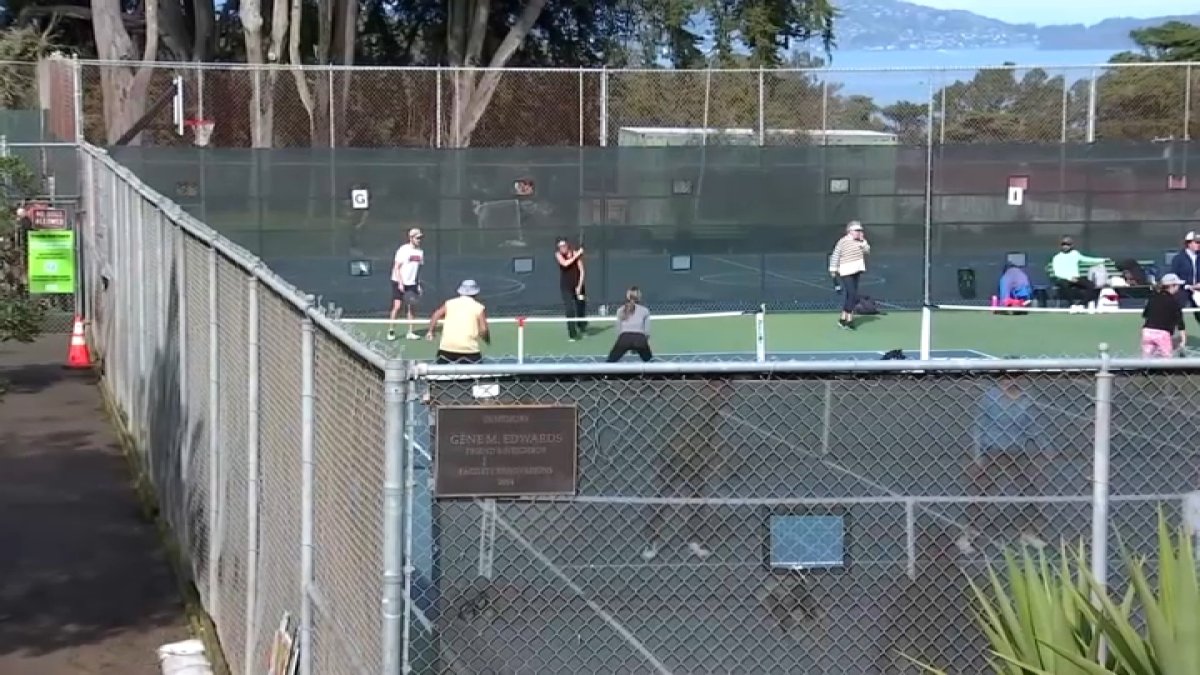
As pickleball popularity grows, so does the demand for courts – and the debate over the sport’s noise factor.
NBC Bay Area’s Sergio Quintana shows us how San Francisco is trying to meet the demand without upsetting residents in the video report above.
San Francisco, CA
Skaters push back as San Francisco plans to demolish iconic Vaillancourt Fountain
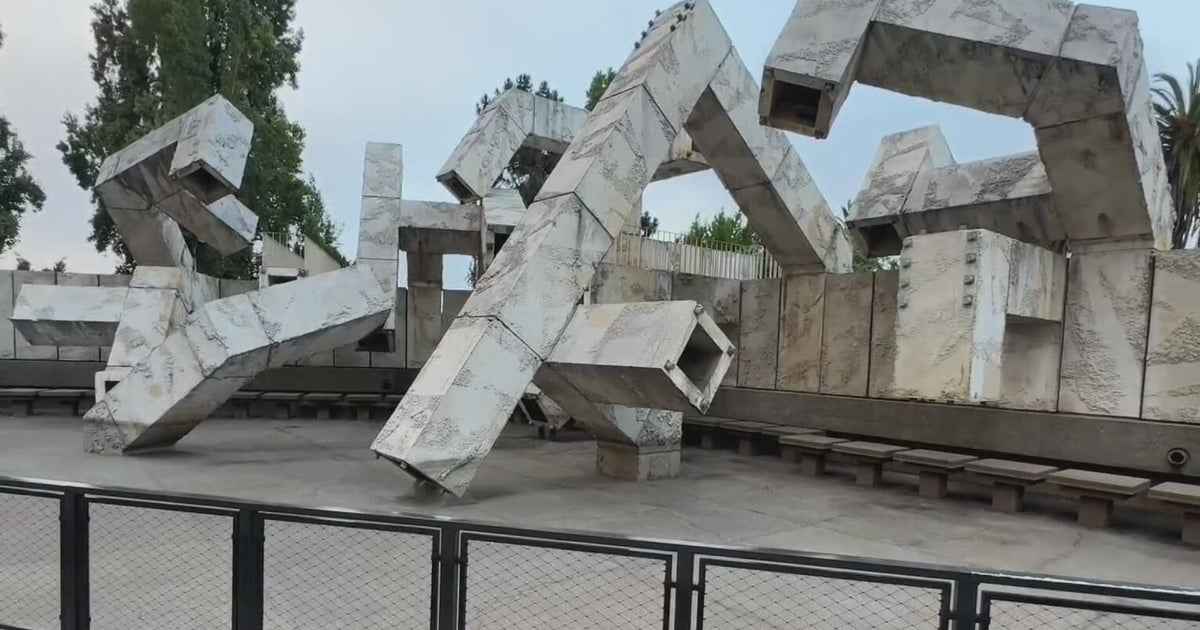
A growing group of skaters is pushing to preserve the Vaillancourt Fountain after the City of San Francisco announced a multimillion-dollar renovation plan that would remove the structure made of concrete square pipes.
Zeke McGuire started skating at the age of 10, and he grew up skating at the plaza and near the fountain.
“To see it go would be devastating,” McGuire stated. “I’ve been coming here my whole life. I’ve skated those stairs. I’ve been injured on those stairs.”
He’s skated on every inch of the Plaza, including the ledges of the Vaillancourt Fountain, which was completed in 1971. It’s impossible to miss, with its boxy concrete tubes that stand about 40 feet high.
It’s been the backdrop of more skateboard videos than anyone could count.
“It’s extremely awesome,” McGuire said. “There’s people all across the world that come to San Francisco to skate here specifically. So for it to be gone, people would come here to visit and it wouldn’t be here anymore, so I would say get it in before it’s gone.”
San Francisco Recreation and Parks announced the Embarcadero Plaza Renovation Project last year. It is a plan to construct a new waterfront park, which would tear down the structure.
Tamara Barak Aparton with Rec and Parks says that after years of deterioration, the fountain is unsafe.
“The structure is unstable,” Barak Aparton stated. “Hazardous materials are present, and we can’t allow the public access to a space that poses safety risks.”
Historical preservationists, landscape architects, and skate enthusiasts, like Bay Area professional skateboarder Karl Watson, are now pushing back and saying it’s a part of that sport’s history in San Francisco.
“A beautiful monstrosity that needs to stay,” said Watson, describing the fountain.
He says except for a few exceptions, people didn’t skate into the fountain, just around it.
“The fountain was integral for when we were tired after skating, we needed a place to relax and just enjoy the water flowing and the fountain definitely did that for us,” Watson said.
Now, the fountain is stagnant. The water stopped flowing years ago. In June 2025, it was fenced off.
Feldman was disappointed to see it like this.
“I came down here last week just to see the fencing and I was like ‘oh, they really don’t want us skating here anymore’,” Feldman explained.
In August, the Recreation and Parks department formally requested permission to remove the fountain from the city’s Civic Art Collection.
But McGuire is hoping people like Watson, and the artist keep fighting. Armand Vaillancourt’s lawyer recently sent a letter to multiple city departments demanding the city cease and desist all efforts to remove his work.
No final decision has been made yet, but if it does go, McGuire hopes they’ll leave something.
“Even if it was to be fully demolished, I think it would be really nice if they kept a little bit of something,” McGuire said. “Or maybe make a part for people to skate.”
San Francisco, CA
Laver Cup to make San Francisco debut at Chase Center
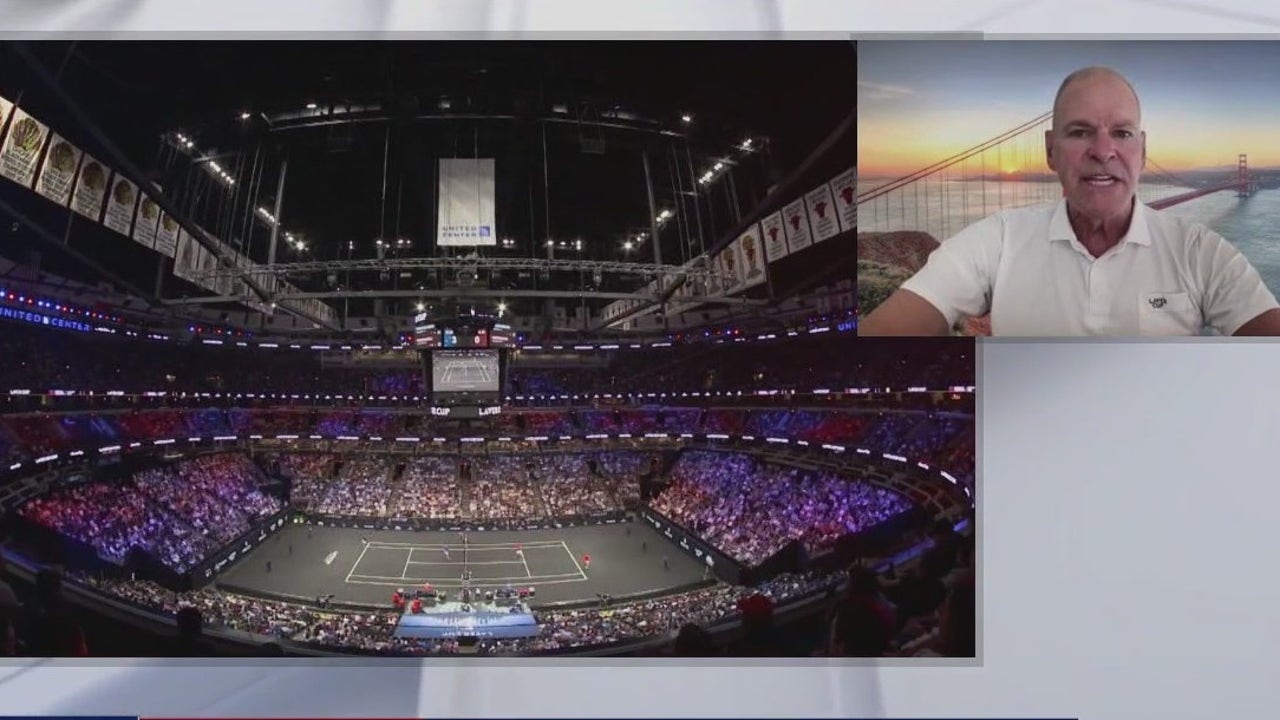
San Francisco is set to host the 2025 Laver Cup at Chase Center from September 19 to 21, marking the first-ever tennis tournament held at the arena and the return of major men’s pro tennis to the city in over a decade. Steve Zacks, CEO of the Laver Cup, says this event showcases tennis like fans have never seen before, featuring a unique team format created by Roger Federer.
-

 World1 week ago
World1 week agoTrump and Zelenskyy to meet as Poland pressures NATO on no fly zone over Ukraine
-

 Technology1 week ago
Technology1 week agoNew Evite phishing scam uses emotional event invitations to target victims
-
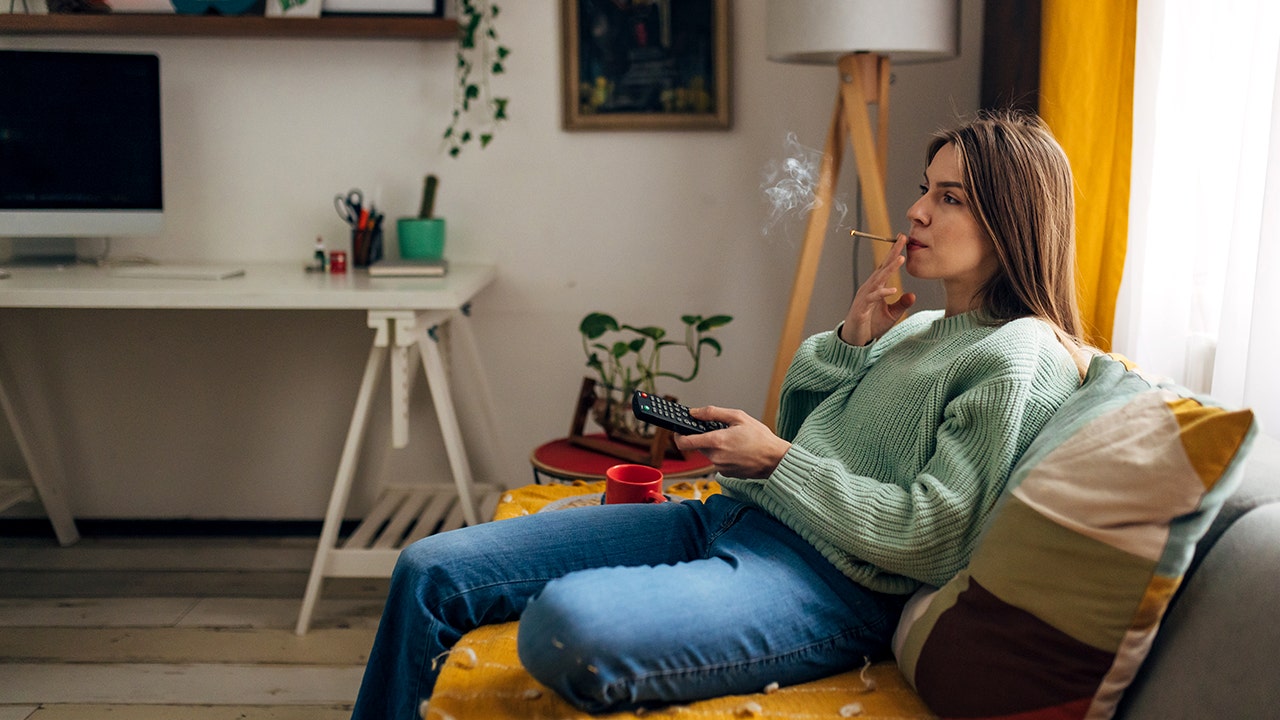
 Health1 week ago
Health1 week agoDiabetes risk quadruples with use of popular natural remedy, study finds
-

 Politics1 week ago
Politics1 week agoHouse plans Thursday vote on government funding bill to extend spending through November
-

 Business1 week ago
Business1 week agoDisney, Universal and Warner Bros. Discovery sue Chinese AI firm as Hollywood's copyright battles spread
-

 Health1 week ago
Health1 week agoWho Makes Vaccine Policy Decisions in RFK Jr.’s Health Department?
-

 Finance3 days ago
Finance3 days agoReimagining Finance: Derek Kudsee on Coda’s AI-Powered Future
-

 Lifestyle1 week ago
Lifestyle1 week agoBobbi Brown doesn’t listen to men in suits about makeup : Wild Card with Rachel Martin
